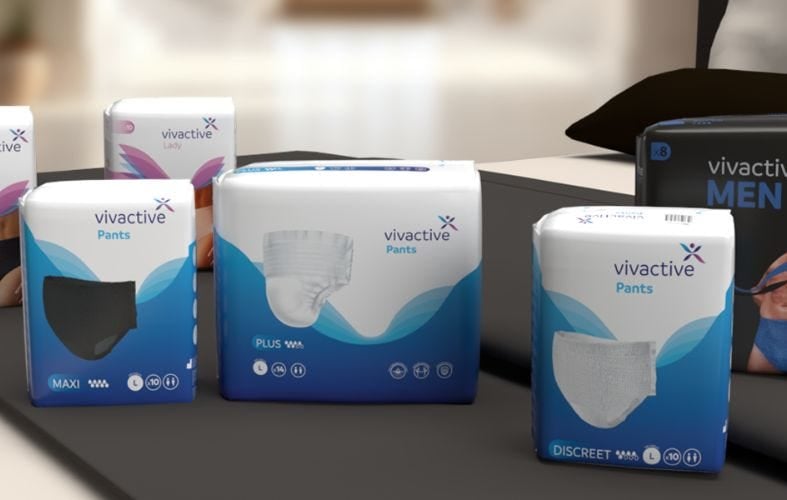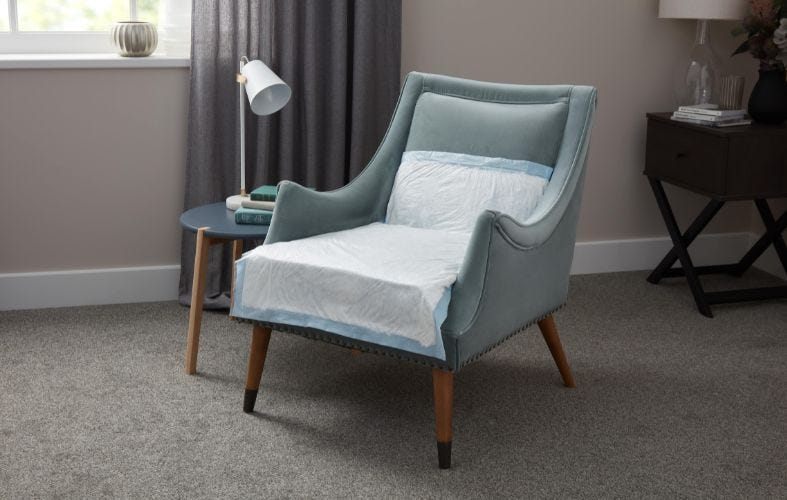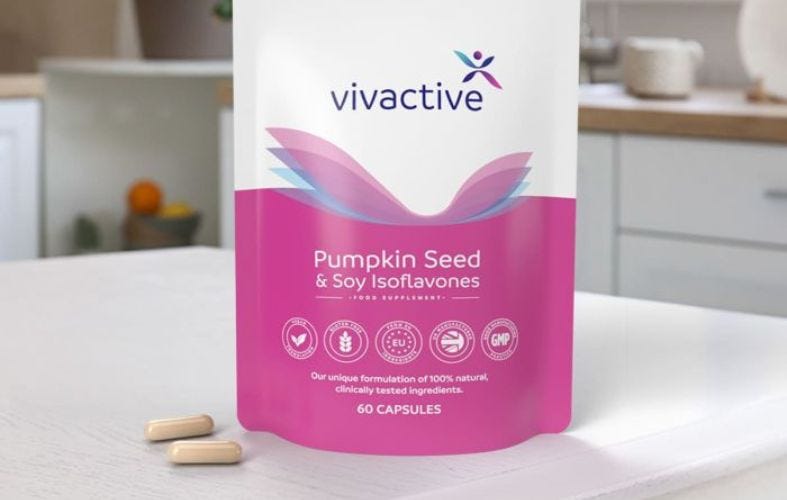
Share this page with friends
Preparing for long-distance journeys with urinary incontinence
In fact, NHS have published statistics stating that an estimated 14 million people, of all ages, are living with bladder problems. 61% of men are experiencing lower urinary tract symptoms and 34% of women are living with urinary incontinence. 900,000 children and young people are experiencing bowel and bladder dysfunction. It’s estimated that around 7 million people in the UK experience urinary incontinence (5-10% of the population).
The numbers speak for themselves, it’s a big deal. So, why is nobody talking about it? Millions of people are affected by bladder weakness and urinary incontinence, with lots of people choosing not to go to the doctors, the true number is probably much higher.
We’re here to help break the stigma around incontinence and get people talking. The more informed you are, the better equipped you’ll be to handle it.
Invest in a higher absorbency than you normally would
Bladder weakness can range from occasional leaks when coughing or sneezing to a complete inability to control urine. There are a massive amount of possible causes, differing from person to person, but some of the most common are: weak pelvic floor muscles, nerve damage, hormonal changes, medications, and underlying health conditions such as diabetes or multiple sclerosis.
It’s not all doom and gloom though, far from it. The good news is that there are steps we can take to maintain good bladder health and prevent or manage incontinence. In this nutritional guide, we'll explore some of the best foods, supplements, and vitamins that can help support bladder health, as well as some small lifestyle changes that can make a big difference. Here’s what to eat to keep your bladder healthy.
We all love eating right? We’re a nation of munchers, grazers, snackers and nibblers, but what we eat can have a big impact on our bladder health. So, best to get it right. Certain foods can irritate the bladder (covered later on), but on the other hand, some foods can help support good bladder health and help you manage incontinence. Here are some of the best foods to include in your diet if you’re beefing up your bladder.

Why not try pants or nappies instead?

Pop some chair protection down
Sometimes leaks happen, and if they do, it’s best to be prepared for them. Would you rather urine soaked into your lovely car seat, making it damp and smelly, or it was rapidly absorbed into a disposable chair pad? I know which one I’d choose. Disposable chair pads are fantastic, they absorb urine quickly and keep everything on the top sheet so that the underneath is kept totally dry. Keep your car seats dry and your travel experience slick with some good chair protection.
Vivactive chair pads feature a fully waterproof polyethylene sealed back sheet to prevent leakage from the bottom of the pad, so your car seat is kept dry. Once liquid has been absorbed, hydrophobic barriers along the edges of the pad help prevent liquid from leaking out.
Our chair pads contain an absorbent core, made up of high-quality virgin fluff, which allows the bed pad to absorb up to 750ml of liquid. When the moisture has been absorbed, it is evenly distributed throughout the pad.
The best bit? They also double up as bed pads too. They’re not just for chairs. So, if you find that your chair pad hasn’t been used at the end of your journey, rather than chucking it away, why not pop it down on your bed and use it there instead?

Bladder supplements could help
These aren’t an instant solution like wearable incontinence items such as disposable incontinence pants, pads or nappies. But, if you’ve got the time to prep, they could be a fantastic addition to your arsenal. You’ll need to start taking them in advance, but they can strengthen your bladder and experience 73% fewer leaks in as little as 8 weeks. Some supplements on the market take 10 weeks, or even 12 weeks. To us, that’s too long. Our unique blend of ingredients can ease your symptoms in just 8 weeks, saving you money in the long run.
Our industry-leading bladder supplements are created with a blend of pumpkin seed extract and soy isoflavones to deliver a bladder-boosting experience. It was our mission to create a supplement that’s affordable, but also delivers the best results on the market. We’ve accomplished that mission.





